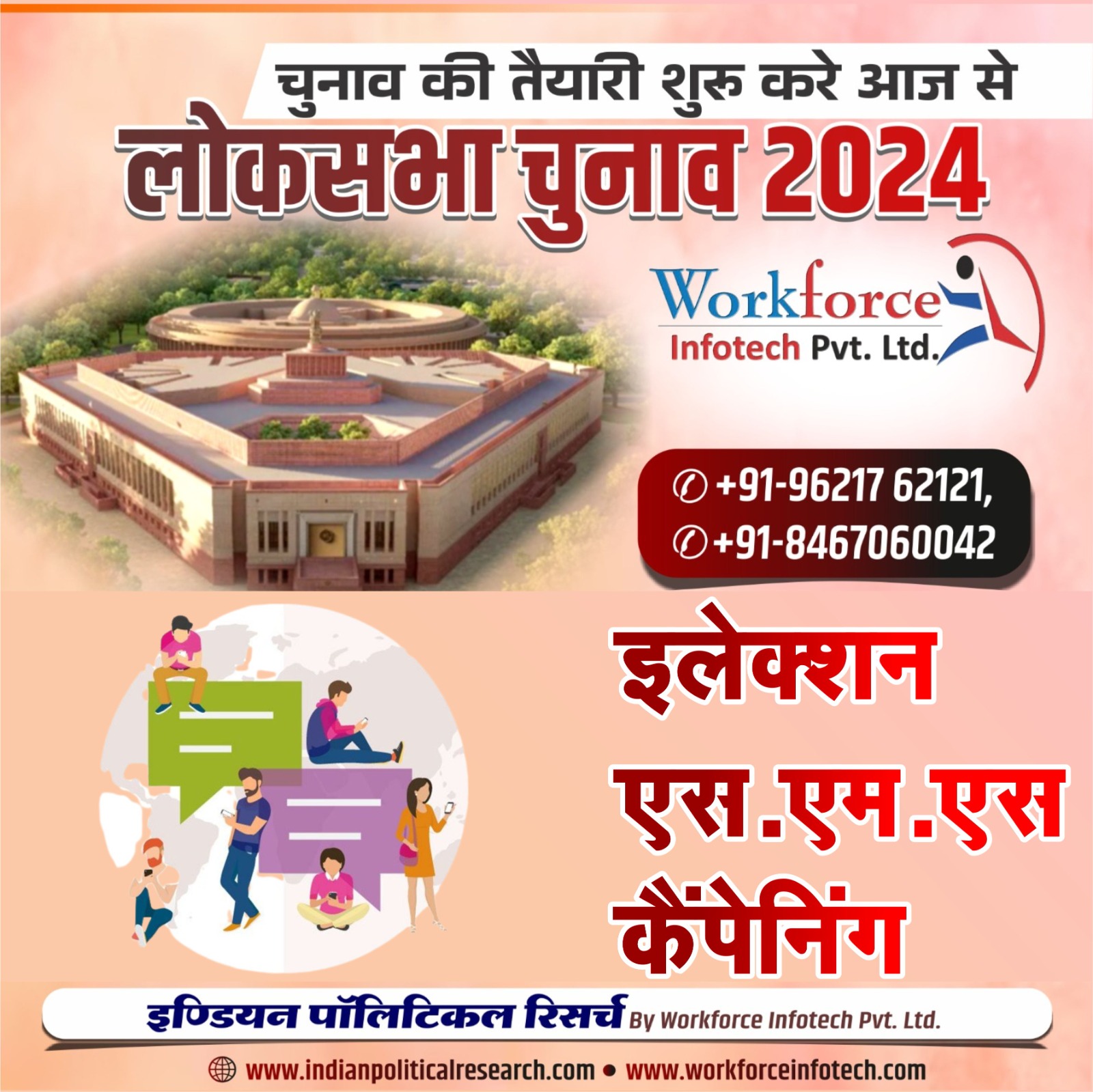Election SMS Campaigning
Election SMS Campaigning
Election SMS campaigning can be an effective way to reach voters directly on their mobile phones and deliver key messages, reminders, and calls to action. Here are some strategies for running an effective SMS campaign during an election:
-
Compliance with Regulations: Ensure compliance with relevant laws and regulations governing political messaging and SMS campaigns, including opt-in requirements, message frequency limits, and disclosure requirements for sender identification.
-
Build a Subscriber List: Collect opt-in permission from supporters, volunteers, and potential voters to receive SMS updates and notifications from your campaign. Offer incentives such as exclusive content, event invitations, or campaign updates to encourage sign-ups.
-
Segment Your Audience: Segment your subscriber list based on factors such as demographics, location, interests, and engagement level. Tailor your SMS messages to resonate with each segment and increase relevance and effectiveness.
-
Personalize Messages: Personalize your SMS messages by addressing recipients by name and customizing content based on their interests or past interactions with your campaign. Personalization helps to grab attention and create a stronger connection with voters.
-
Clear and Concise Messaging: Keep your SMS messages clear, concise, and action-oriented. Communicate your key message or call to action in a brief and straightforward manner to maximize impact and readability on mobile devices.
-
Timing and Frequency: Send SMS messages at optimal times to maximize open rates and engagement. Avoid sending messages late at night or during times when recipients are unlikely to be receptive. Respect message frequency limits to prevent spamming and maintain subscriber satisfaction.
-
Mobile-Friendly Landing Pages: Include links to mobile-friendly landing pages or websites in your SMS messages for recipients to learn more, take action, or donate. Ensure that landing pages are optimized for mobile devices and provide a seamless user experience.
-
Interactive Campaigns: Encourage engagement and interaction with your SMS campaign through polls, surveys, contests, or interactive quizzes. Invite recipients to participate and provide feedback, which can help to gather valuable insights and foster a sense of involvement.
-
Event Reminders and Updates: Use SMS to send timely reminders and updates about campaign events, rallies, town halls, voter registration deadlines, and polling locations. Help voters stay informed and engaged throughout the election cycle.
-
Track and Analyze Performance: Monitor key metrics such as delivery rates, open rates, click-through rates, and conversion rates to evaluate the effectiveness of your SMS campaign. Use this data to identify trends, optimize messaging strategies, and improve campaign performance over time.
-
Integration with Other Channels: Integrate your SMS campaign with other communication channels such as email, social media, and traditional media to create a cohesive and multi-channel outreach strategy. Consistent messaging across channels enhances brand visibility and reinforces campaign objectives.
-
Compliance and Transparency: Maintain transparency in your SMS communications by clearly identifying your campaign as the sender and providing opt-out instructions for recipients who wish to unsubscribe. Respect recipients' privacy preferences and adhere to all applicable regulations.
By following these strategies, political campaigns can leverage SMS messaging to effectively engage with voters, mobilize support, and drive action during an election cycle.
Text Messaging for Political Campaigns
A key part of any political campaign strategy should be selecting the right communications tools. SMS text messaging can help you get your message out quickly to supporters and voters. Organize rallies, register new voters, increase voter turnout and remind supporters about the key issues of your campaign.

Why Political Campaigns Use it?
More effective than sending emails
98% of recipients read their text messages, 90% within 3 minutes.
Best way to reach younger voters.
95% of 18-29 year use text and average 87.7 text messages on a normal day.
More effective than sending emails
Most cell phones receive text messages. No need to download apps or have a smartphone.
Call now for more information -
